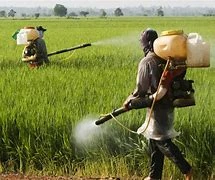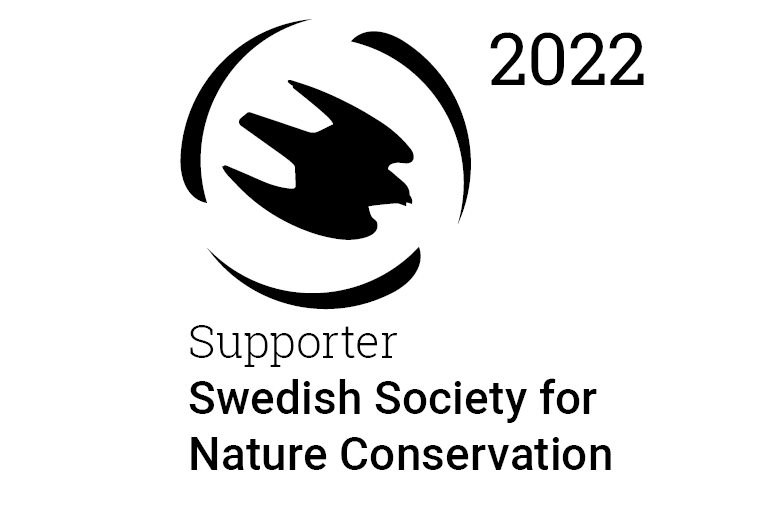News Details

Incorporating Cutting-Edge Technologies Into Biological Pesticides Registration in Brazil
Brazil's regulatory landscape has embraced recent technological advancements in the registration of microbiological products. The SDA/Mapa - Ibama - Anvisa Joint Ordinance No. 1/2023, a recent publication, has supplanted Joint Normative Instruction No. 3/2006, outlining the procedures governing the registration of microbiological products utilized in pest control, defoliation, desiccation, growth stimulation, and inhibition.
Microbiological inputs, derived from fungi, bacteria, and viruses, represent natural adversaries against various agricultural pests and diseases. Many of these products are born of biotechnology, a field in constant technological flux and expansion.
The new Joint Ordinance is designed to harmonize legislation with recent innovations. It introduces notable changes such as permitting the registration of inactivated microorganisms (previously limited to live ones) and regulating the registration of biostimulants, metabolites, and genetically modified organisms. This regulatory overhaul also seeks to streamline bureaucratic processes while elucidating various aspects of product registration.
These updated regulations align with developments in the biological agricultural inputs sector, offering greater transparency for both industries and regulatory bodies. Many of the emerging technologies were not covered by previous legislation.
It's crucial to emphasize that registrations will continue to undergo scrutiny from Anvisa (National Health Surveillance Agency), Ibama (Brazilian Environment Institute), and Mapa (Ministry of Agriculture and Livestock). However, the new regulations aim to expedite the process. Previously, registration of a biological product could take up to three years, but with these changes, the average duration is expected to be reduced to one year.
By reducing bureaucratic hurdles, the goal is to accelerate the registration of microbiological products, enabling them to enter the market more swiftly. It's important to note that product safety and efficacy will continue to undergo rigorous evaluation, ensuring the protection of public health and the environment. The ordinance provides legal certainty for companies and establishes clear quality control parameters, which were previously lacking, marking a significant milestone for the sector.
These regulations enhance the confidence of producers and consumers in the efficacy and safety of agricultural products used in Brazil, fostering greater sustainability and balance in the industry.
Brazil has been actively promoting the registration of microbiological products for pest control, evidenced by the increasing number of registrations in recent years. In 2023 alone, 33 low-impact products received registration.
Expectations are high that this new regulatory framework will further stimulate innovation and the development of novel agricultural microbiological inputs, contributing to a more responsible and regenerative agricultural landscape in Brazil.
We acknowledge that the above information has been compiled from IBAMA ANVISA.


